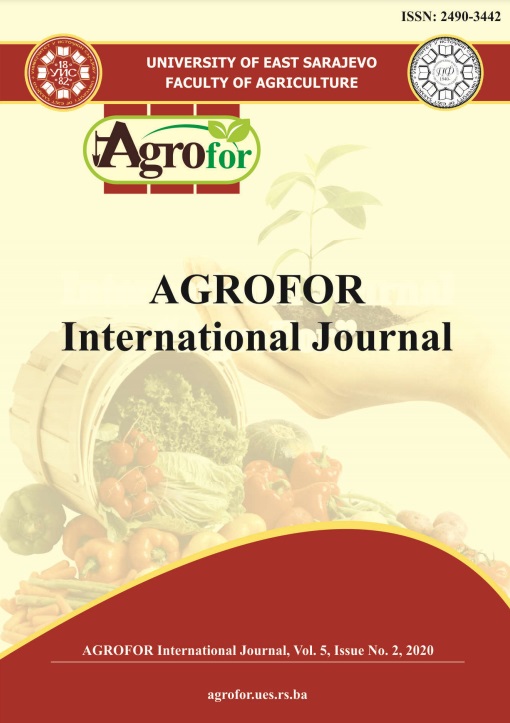COOPERATION OF AGRI-FOOD CLUSTERS WITH UNIVERSITIES: THE CASE STUDY FOR POLAND
DOI:
https://doi.org/10.7251/AGRENG2002132WAbstract
Poland is a major supplier of food for Western Europe. It ranks 4th in the EU in
arable land. Agri-food industry clusters are developing dynamically in Poland,
which is mainly related to the agri-food specialisation of most regions of the
country. Clusters play a significant role in creating supply chains, joint
investments, and developing innovative solutions; for these reasons, their
development depends on cooperative relations with scientific institutions, which
become initiators of joint activities. This paper aims to investigate collaborative
relationships that arise between agri-food clusters and universities. The article
analyses an example of an agri-food cluster from the Greater Poland region, which
mainly develops modern distribution channels of food products produced by its
participants. To obtain data, we interviewed cluster management. We elaborate on
the concept of university-cluster collaboration (UCC) which identifies that the
cooperation between cluster participants and the universities bases on creating
interpersonal relations by direct and personal interactions between cluster
entrepreneurs and university research staff.

